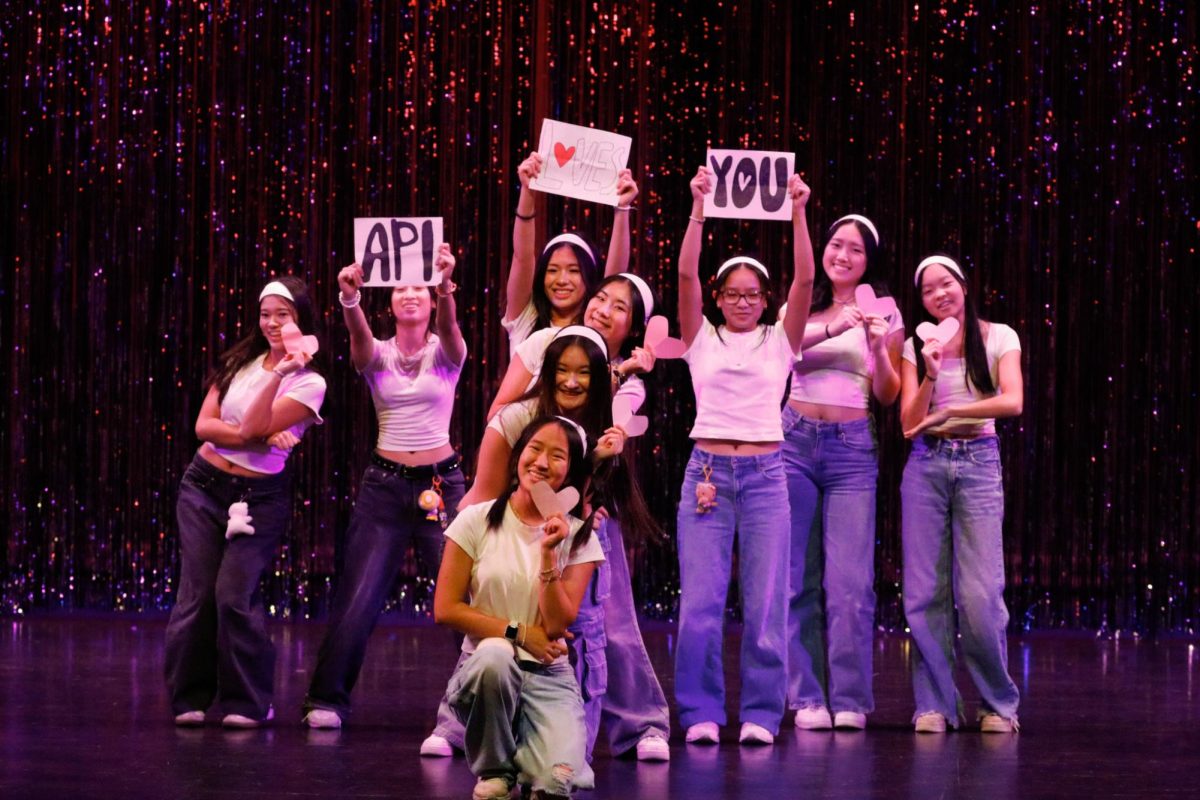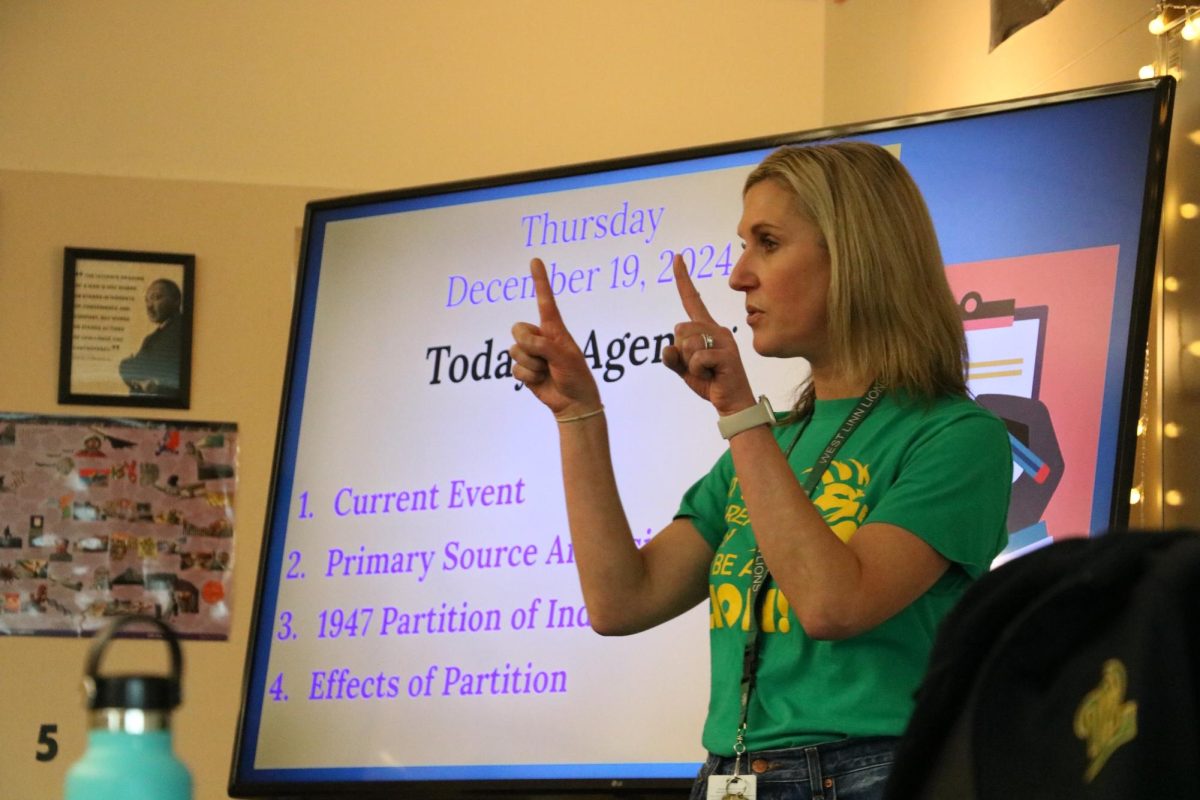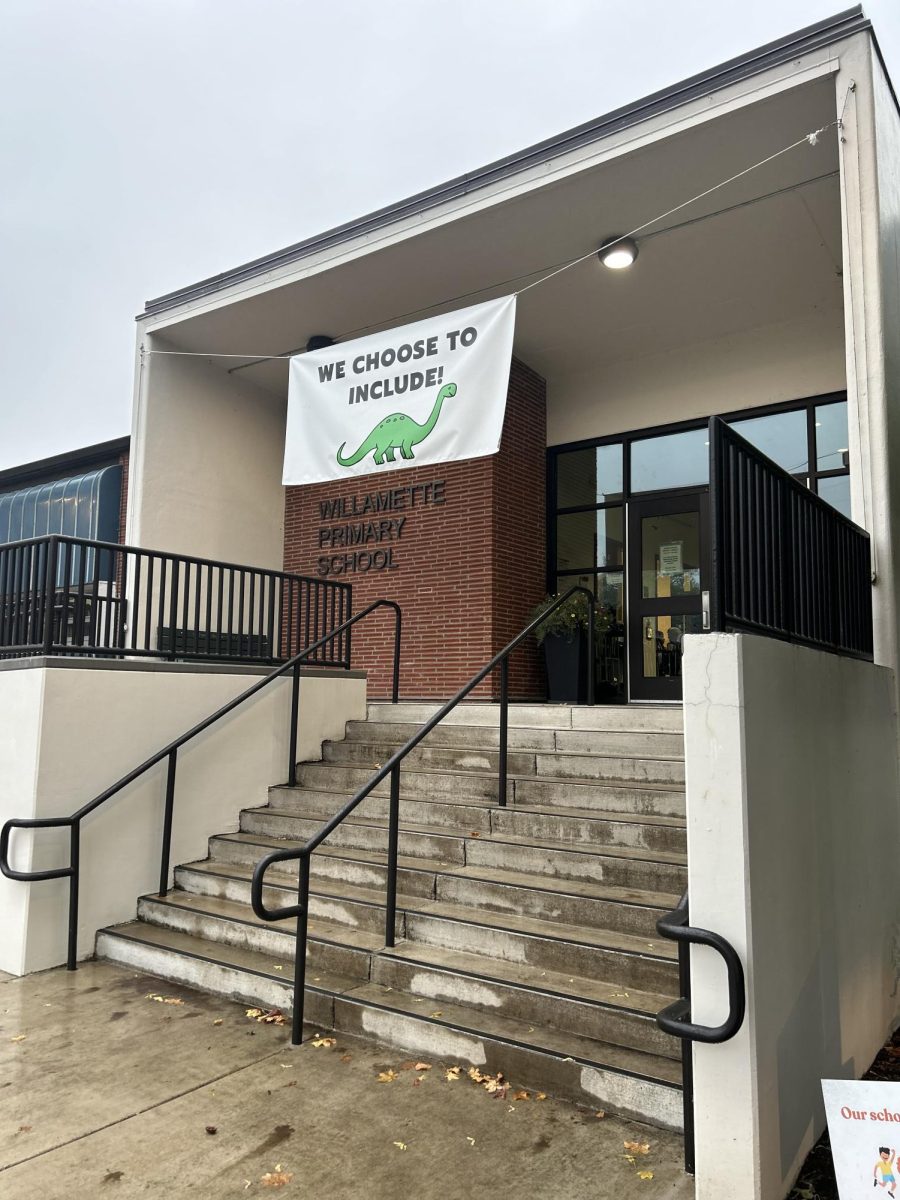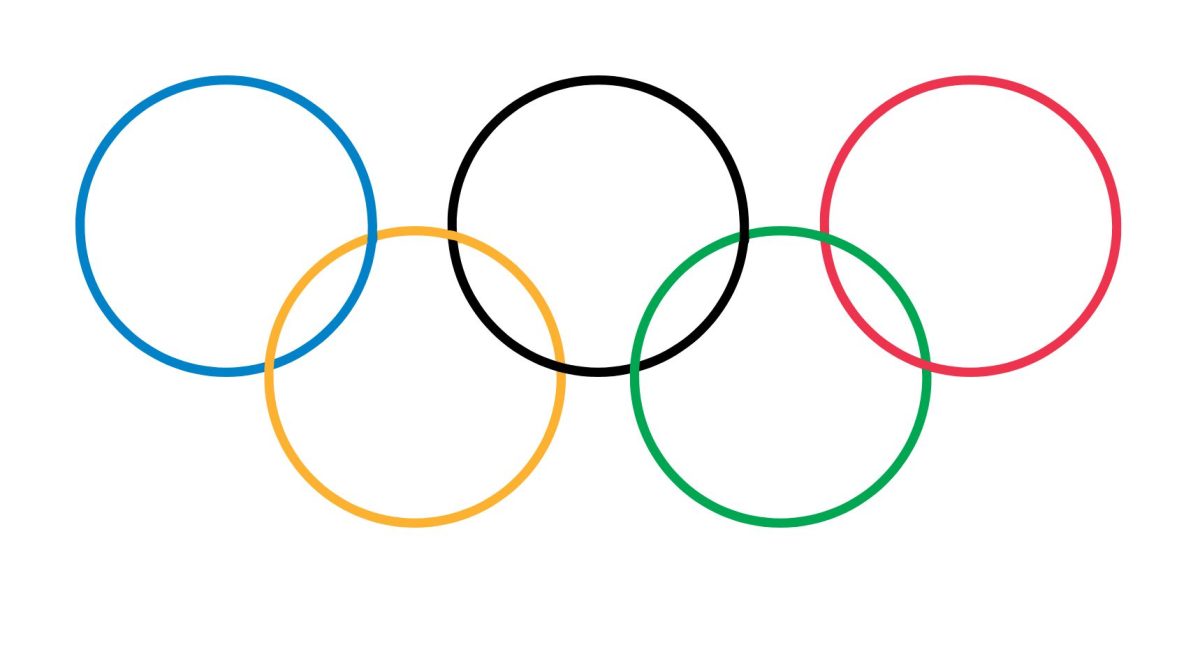SOPA and PIPA: you’ve probably heard of them by now. They have become famous on the internet for attempting to restrict our freedom, and censor websites. More light was shed on the two bills after the internet-wide blackout on Jan. 18. In the blackout, major sites such as Google, Wikipedia, Reddit and Mozilla completely shut down or posted banners about the bills. On Jan. 19, 18 more senators withdrew their support, bringing the total number of senators opposed to 205. After this, SOPA/PIPA were indefinitely shelved.
Now there is a new trade agreement that has come to many wary internet-goers’ attention: the Anti-Counterfeiting Trade Agreement. What makes many people so wary of this bill is how secretive it is; all the negotiations were held in private. Though the bill is out in the open now, the main problem was secrecy regarding the bill while it was being signed.
ACTA is attempting to alter the idea of internet as we know it, worldwide. Not only is the fact that it is an international treaty limiting our Congress’ ability to change it if it is passed, but it also provides severe ramifications for innocent internet-goers. Let’s say you post a non-infringing link on your blog. If that website you linked to has even the smallest amount of copyright infringement on it, you could face serious criminal charges or prison time just for posting the link. Scary amounts of surveillance would be put on normal internet users with the use of internet service providers.
So far, over 20 countries have already signed the bill, including the United Kingdom, the United States, and Japan, many of these behind closed doors. Since this was an ‘executive agreement,’ President Obama signed the bill without any say from Congress. The European Union is reportedly the deciding factor in the agreement; if they do not sign, the bill will most likely be dropped. Unlike ACTA and PIPA, it is not so much of a law as it is a trade agreement. This means that, if passed, many countries would deal with copyright infringement in the same ways. This is why it would be so hard for the United States to change the rules of the agreement if it was passed.
Not as many protests have been brought up about ACTA as there were about SOPA/ PIPA, though this bill is even more catastrophic. One of the most known protests of ACTA was during a Polish Parliament meeting where multiple Polish politicians held up Guy Fawkes masks, a widespread symbol of protest. The masks themselves were ‘counterfeit’, which was another drive at exactly what ACTA stood for.
If you want to help stop ACTA, there are a few things that can be done. However, since this bill has been in the making for about four years, much of it is already decided and cannot be overturned as easily as SOPA/PIPA were. Since the bill was held back from us for so long, much of ACTA was already finalized without our consent. There are various petitions on the internet that have the potential to help, such as a petition to ask the president to withdraw his approval, or a petition to the EU to overturn this agreement. This bill is too objectionable to pass, and restricts so many people who never pirated materials. If ACTA passes, the internet would never be the same.
If you would like to learn more about ACTA or help stop it, you can go to Wikipedia or Stop ACTA.






























































![At the bottom of the third inning, the Lions are still scoreless. Rowe stands at home plate, preparing to bat, while Vandenbrink stands off to the side as the next batter up. Despite having the bases loaded, the team was unable to score any runs. “It’s just the beginning of the season. We’re just going to be playing out best by June, [and] that’s where champions are,” Rowe said.](https://wlhsnow.com/wp-content/uploads/2024/03/IMG_3077-1200x900.jpg)







































![All smiles. The group poses for a photo with last year’s book, “This is Our House,” along with their award for third Best in Show. Meikle, who was an Editor-in-Chief for the yearbook last year as well, holds both and stands at the center of the group. “That was an amazing feeling, going and grabbing the third place award,” Meikle said. “All of it paid off. I cried so much over that book, being able to receive [the award] was one of the highlights of my high school career, it was like the coolest thing ever.”](https://wlhsnow.com/wp-content/uploads/2024/11/8bookpose_philly-1200x800.jpg)












